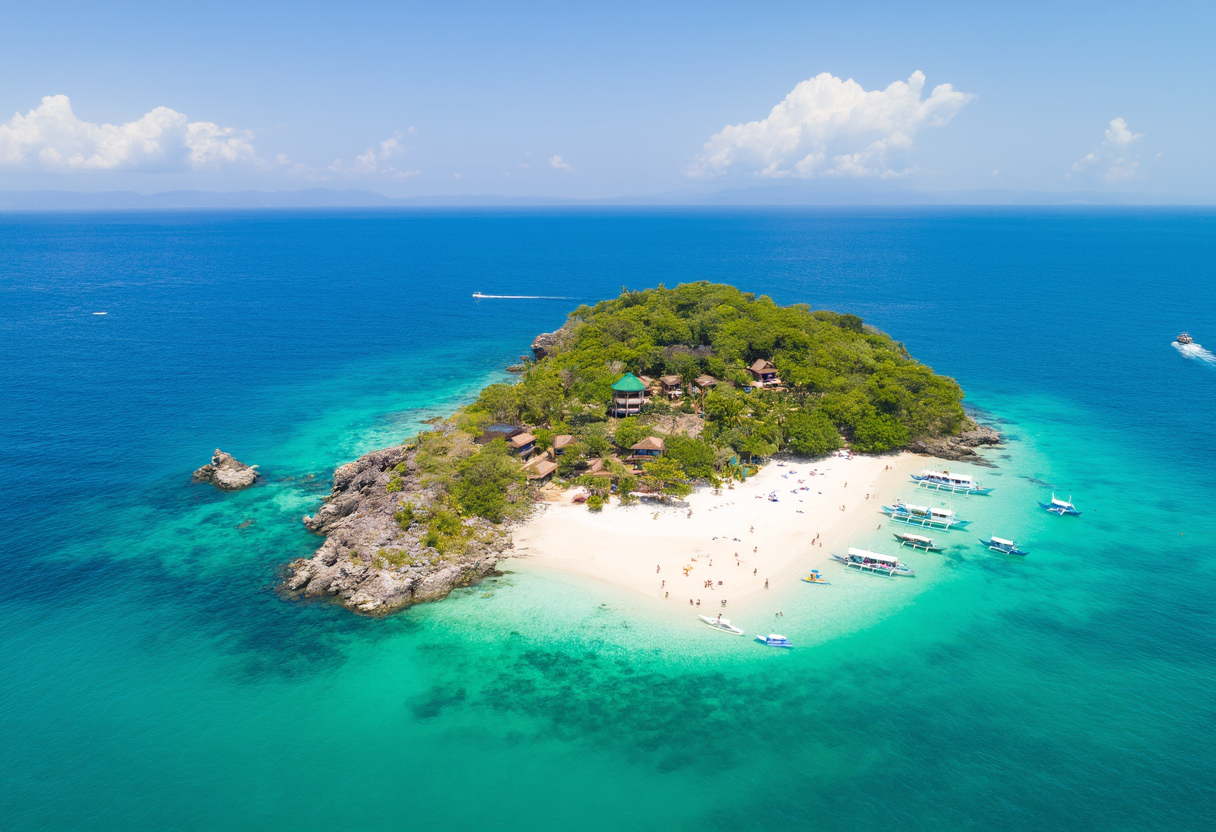Why Island Tourism Matters: Exploring Its Societal and Economic Dimensions
Island tourism is more than just industry; it is a socio-economic phenomenon. This article delves into the significance of island tourism in shaping societies, fostering economic stability, and addressing environmental challenges. By engaging with various dimensions of island tourism, we uncover its multifaceted nature and the imperative for sustainable practices.
The Societal Impact of Island Tourism
Island tourism has profound societal implications that extend beyond mere economics. Communities often experience transformations in social structures and cultural exchanges with the influx of tourists. This phenomenon can lead to revitalization of traditions and enhancements in quality of life. Moreover, interactions between tourists and locals foster greater understanding and appreciation of diverse lifestyles. Communities that embrace this connectivity often benefit from increased cultural pride and awareness. Thus, the societal impact of island tourism can be observed through enhanced community cohesion and cultural appreciation.
Boosting Economies through Island Tourism
The economic advantages provided by island tourism are substantial. Many island economies rely heavily on tourism as their primary revenue stream, which can drive local development and create job opportunities. This economic reliance makes it imperative to cultivate a thriving tourism sector. The potential for economic growth can attract investments in infrastructure and hospitality, stimulating further opportunities. Yet, a diversified economic approach must also be prioritized to protect against market fluctuations. By fostering resilient economic ecosystems, island tourism can ensure long-term prosperity for communities.
The Interplay between Island Tourism and Environmental Concerns
Environmental considerations are increasingly significant in the realm of island tourism. Overcrowding and resource depletion are genuine threats, prompting discussions about sustainability practices. Implementing eco-friendly tourism strategies is essential to preserving the natural beauty that attracts visitors. Conservation efforts and community engagement play crucial roles in educating both tourists and locals about sustainable practices. Furthermore, collaborative initiatives can help safeguard local ecosystems while promoting tourism responsibly. The interplay between tourism and the environment should emphasize the importance of coding sustainable frameworks to minimize negative impact.
Adapting to Global Changes in Island Tourism
As the world evolves, island tourism must adapt to global changes. The recent pandemic highlighted the vulnerabilities of the tourism sector, exhibiting how quickly traveler behavior can shift. Understanding emerging trends such as increased demand for remote and nature-based tourism is vital. Islands can position themselves to cater to this shift by promoting their natural allure and unique experiences. The flexibility to adapt offerings based on traveler desires can fortify the resilience of island tourism against future disruptions.
Cultivating Local Communities through Island Tourism
Focusing on local community involvement is essential in fostering sustainable island tourism. Ensuring that local populations have a voice in tourism development promotes equitable benefits and cultural preservation. Encouraging community-led initiatives can encompass guiding tours, artisanal markets, or cultural workshops. This empowerment not only enriches the visitor experience but also strengthens community identity. Tours highlighting local art, history, and narratives allow tourists to connect authentically. In essence, cultivating local communities enhances the symbiotic relationship between island tourism and community engagement.
Conclusion: The Comprehensive Value of Island Tourism
In conclusion, island tourism represents a complex interplay of societal, economic, and environmental factors. Recognizing its comprehensive value allows for a more profound understanding of its impacts on communities. The path forward must prioritize sustainability and community involvement, navigating potential challenges while harnessing the benefits of tourism. A collective effort is vital in maximizing the advantages of island tourism, ensuring that these beautiful locales can continue to thrive for generations to come.
